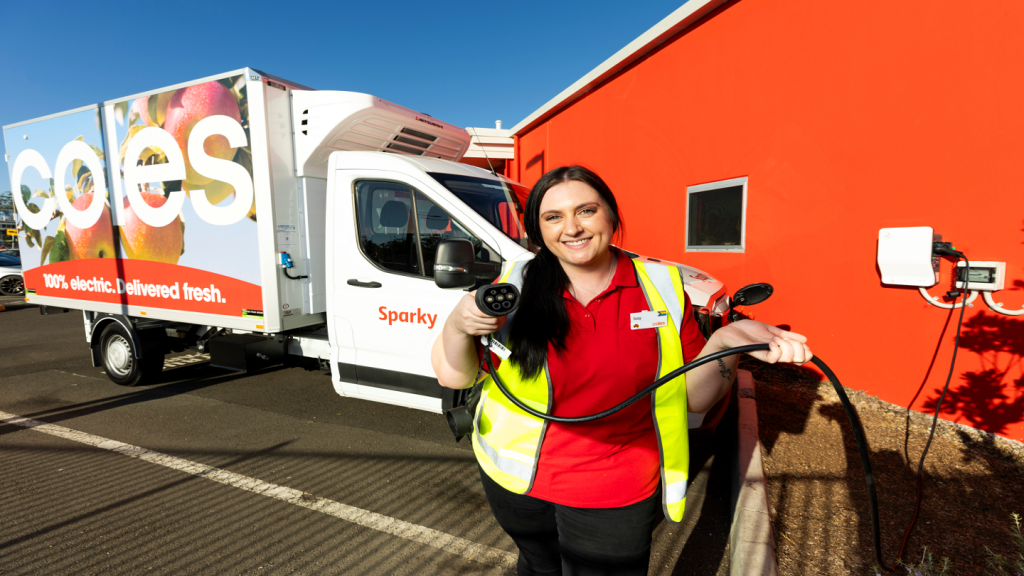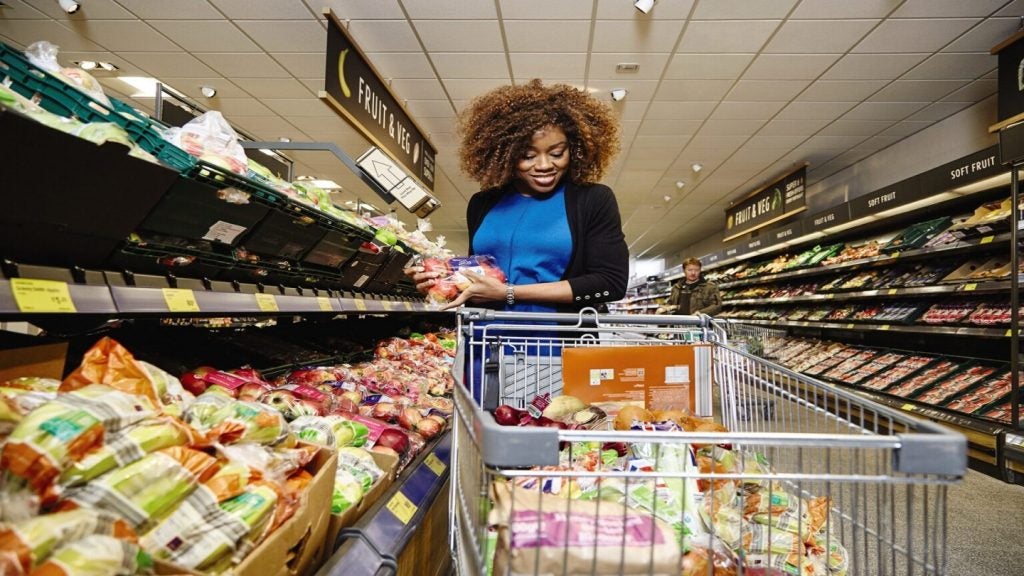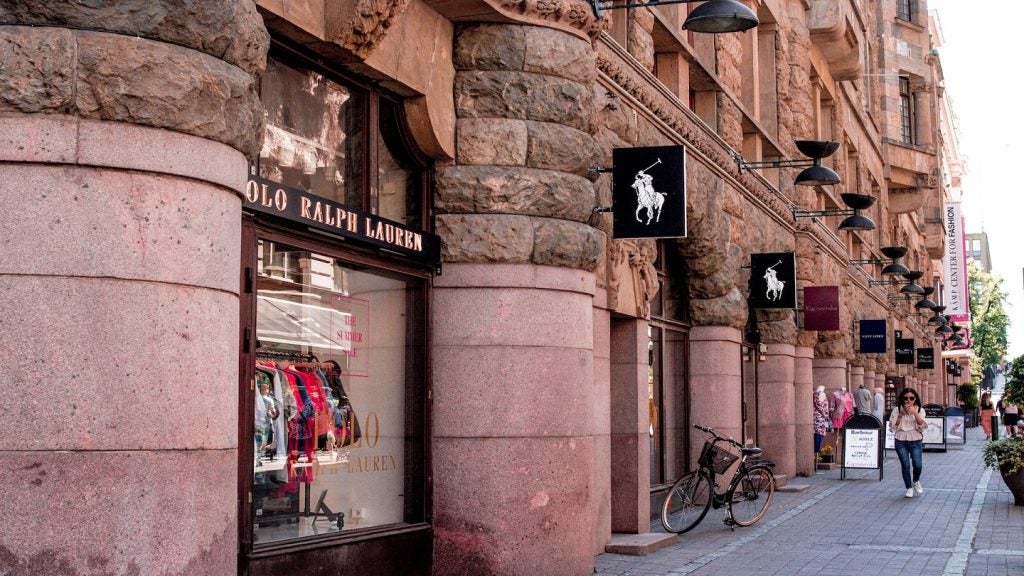Australia-based supermarket chain Coles has inducted the first fully electric vehicle (EV) to its fleet of online delivery vans.
Named Sparky, the electric van will fulfil up to 240 orders a week in Flagstone, Queensland.
The introduction of Sparky will expedite Coles’ target to reduce scope 1 and 2 emissions by more than 75% by 2030.
Compared with petrol-powered vehicles, the van will be quieter, save up to $170 on fuel per week and emit lesser emissions.
To keep groceries at their optimal temperature, the EV engine would not be required to run when not in motion.
Based on a successful pilot earlier this year, the supermarket has also pledged to install electric fridges in 500 of its delivery vans.
Coles online network and growth general manager James Geddes said: “We are proud to introduce our first fully electric vehicle to our fleet of Coles Online delivery vans. Making around 40 deliveries to customers each day, the EV is a quieter, more efficient vehicle that produces fewer emissions than a petrol-powered vehicle.
“With up to 20,000 Coles Online deliveries made 7 days per week across 95% of Australia, we are in a unique position to introduce more sustainable ways of delivering groceries to our customers. We look forward to using the insights gained from this trial to welcome more electric vans to our growing fleet around the country soon.”
Coles has also teamed up with Linfox to pilot an electric-powered truck, which will avoid more than 60t of carbon-dioxide emissions per year on its supply chain.
The retailer also partnered with Toll Group and Nexport to trial its supply chain's first electric yard tractor.
Currently operating at a Coles Distribution Centre in Melbourne, the yard tractor can operate continuously for nearly 24 hours with zero emissions.















